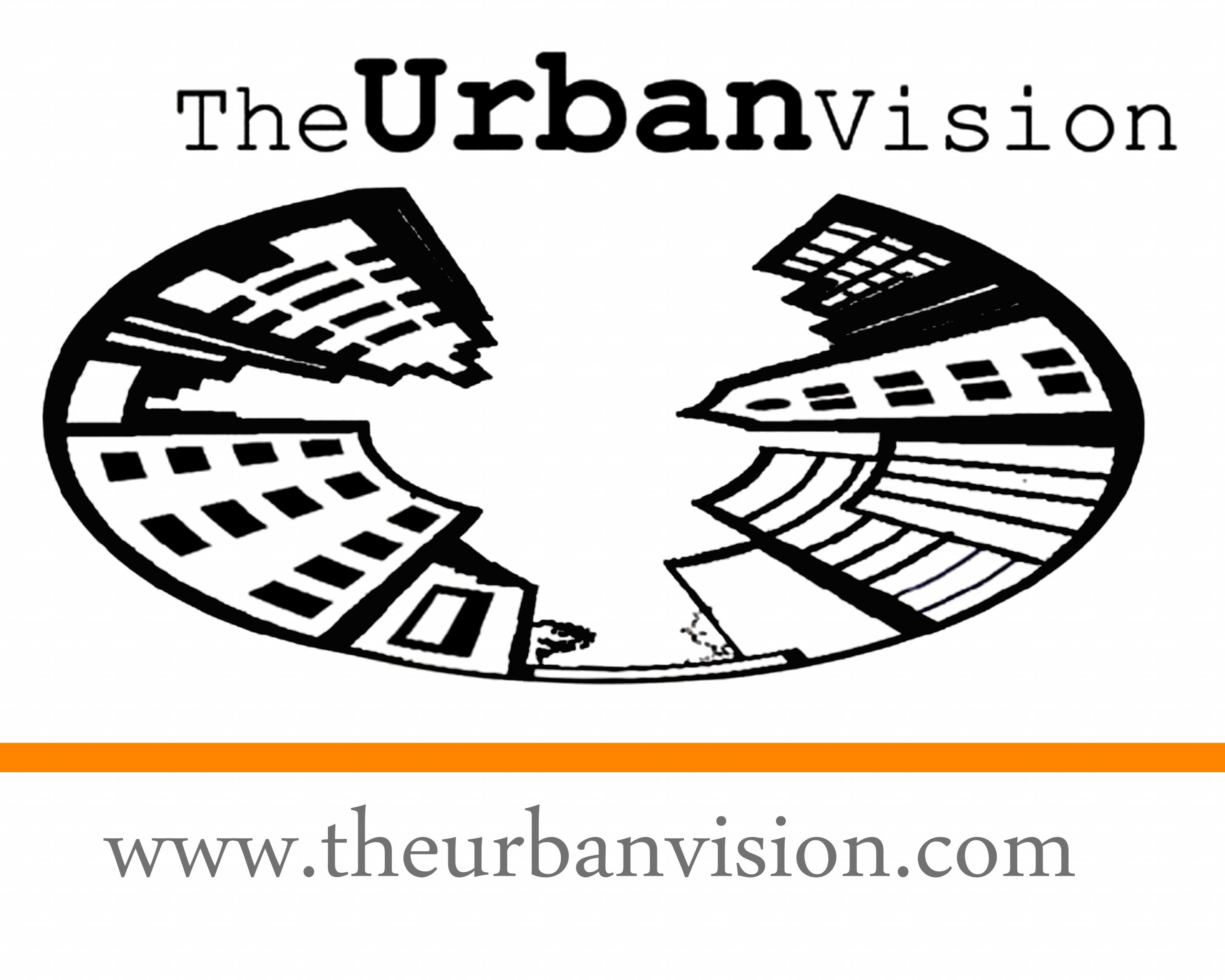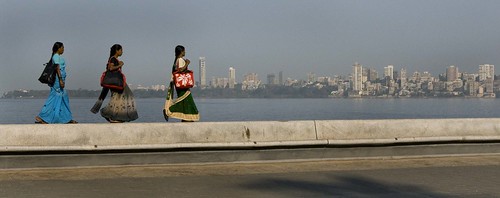There was no gas in Mumbai a couple of weeks ago . If you passed petrol pumps at Breach Candy you would find angered residents screaming at indifferent employees who couldn’t even offer a little bit of black juice with a bribe. Trains were extra crowded, and some people who had not graced the Western Line since their college years were left shocked at the state of degradation that has occurred since. Buses were almost impossible to board, and those who typically were driven to work were found asking their bai at the bus stop which number would take them to Nariman Point. When it got really bad in the afternoon, people just walked. They jumped over homeless children and stray poop, and skirted around layers of red spit that has permanently stained our sidewalks. For the first time in a long while, even the upper classes were required to resort to public transport or their own two feet. To borrow from Thomas Friedman’s favourite line- this was the day that Mumbai became flat.
When Freedman said this he was referring to the fact that certain technological advancements and elements of globalisation have allowed most people of the world to get relatively similar access to information, thereby changing the dynamics of socioeconomic inequalities. I, on the other hand, am using this phrase to explain what the absence of oil can do.
In Mumbai that day everyone became equal. Equally inconvenienced by elbows jabbing into them on the bus. Equally aware of the delay of winter season as they walked through the heat. Equally as relieved at the lack of honking on the roads around them. Equally reminded what daily life is like on the streets of Mumbai. Equally Mumbaikers. Maybe for a fleeting second, even a bit more connected to each other than after the terror attacks that had bonded them just over a month back.
The Oil Business is often blamed for creating social and environmental inequalities. Once oil is found in a nation, communal disharmony, corruption, environmental destruction, and stark gaps between rich and poor, are quick to follow. Sometimes these consequences are chronological and other times they descend upon the citizens almost overnight, turning a relatively stable country into utter chaos in a matter of a year. Having grown up as an expat child in some of the most oil-rich nations, I have seen firsthand what the discovery of oil can do to. However, it is not very often that you get to see what will happen if one day it is just stripped away.
In a city of innumerable social injustices, could the absence of dependency on petrol be the answer to creating equality in Mumbai? On Friday we saw a population that relied on public transportation to reach its destination; a population that was not afraid to take to the streets. We may have seen the Mumbai of the future- if we choose to improve our city’s infrastructure and transit systems. That same day I had to catch three buses and walk over a kilometer to make it to my interview with the CEO of a successful Indian company. Since the interview was about his thoughts on sustainable practices in cities, I asked him when the last time he took public transport in Mumbai was. After admitting it had been too many years to count, he added “but in London I always take the tube.” Imagine, the CEO of a successful company worth over $ US 5 billion sitting on the Central Line between a young graduate making Rs. 20,000 at an NGO and a Dharavi slum dweller selling hair pins. Now that is flat.
It is very possible to give Mumbai a future like this. It just requires the ingenuity of the best urban planners and the belief of every one of us that the world is a bit better if we flatten it.

